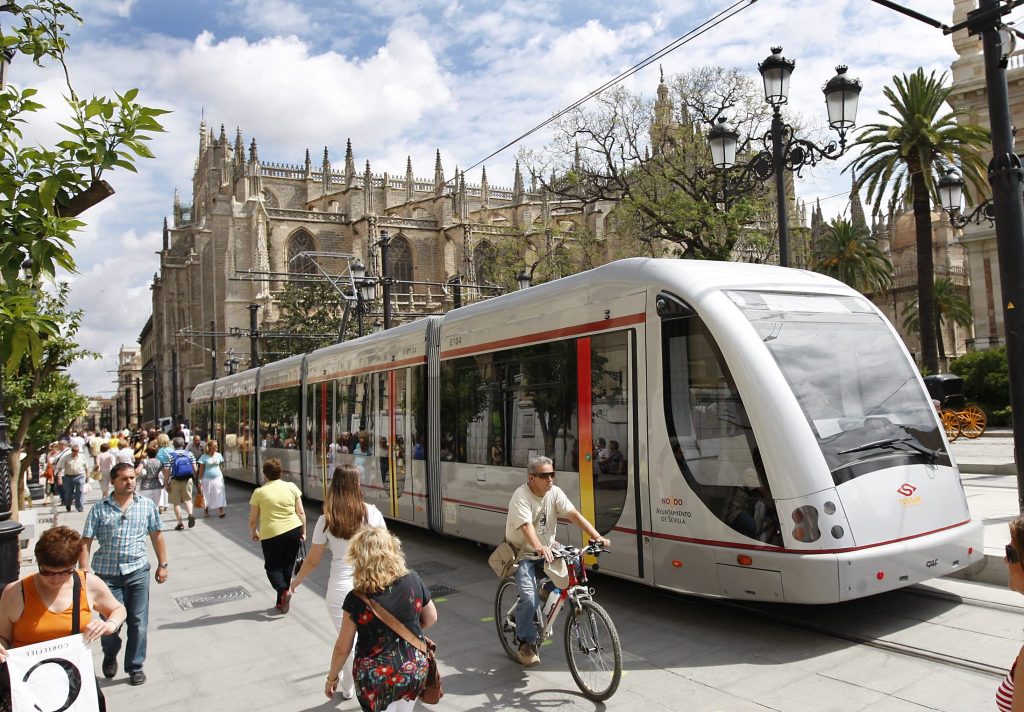
Spain Expects to Pass Sustainable Mobility Law Before the End of the Year

Based on four pillars such as sustainability, decarbonization, digitalization and social and territorial cohesion, the Spanish government is working to pass the Sustainable Mobility Law.
The main objective of the legislation is to create cities that prioritize active mobility and collective transport, as it considers both to be the healthiest and most carbon-free options.
The legislation also pursues goals related to mobility as a social right, placing the citizen at the center of public policies, facilitating inclusive and universal mobility, implementing mobility solutions for all people, and meeting everyday mobility needs.
Future Mobility
Other important aspects included in the project have to do with the implementation of new technologies. In this sense, the legal framework contemplates the creation of a digital and innovative transportation system, promoting the digitalization of transportation for a better service to citizens, promoting the implementation of innovative mobility solutions, and investing in people’s wellbeing, among others.
In addition, the plans focus on prioritizing active mobility and micro-mobility, with several alternatives for pedestrians and the use of light vehicles such as bicycles or scooters.
In addition, the law will establish the obligation of the administrations to encourage and promote more sustainable mobility solutions. In this area, companies with more than 500 employees will be obliged to have plans in place.

Short-term Approval
The Secretary General for Transport and Mobility of the Spanish Ministry of Transport, María José Rallo, informed that the Government’s intention is to approve the new Sustainable Mobility Law this year.
She assured that sustainable mobility is a commitment that must be made transversal to the whole society and revealed that the intentions of the Executive is to approve the legislation this November.
She emphasized that the text has already been reviewed by all the ministries, and was delivered to political parties to analyze if there are any elements that could generate conflict.
One of the main aspirations of this new regulation is to contribute to achieving the objectives of reducing greenhouse gases and polluting emissions in transport, in line with the international agreements assumed by Spain with the UN, the COP21 in Paris and with European strategies such as the European Green Pact.





